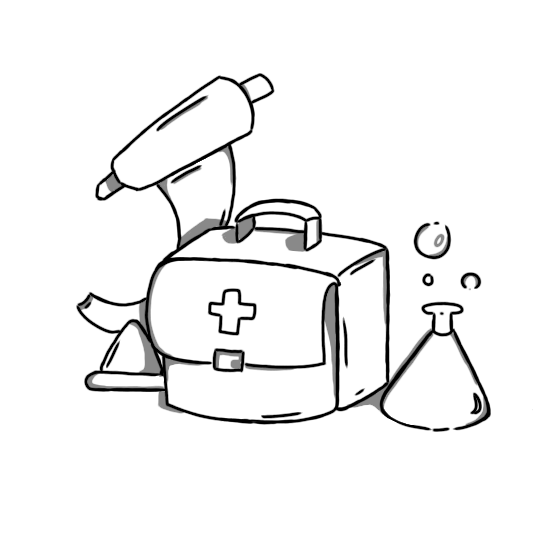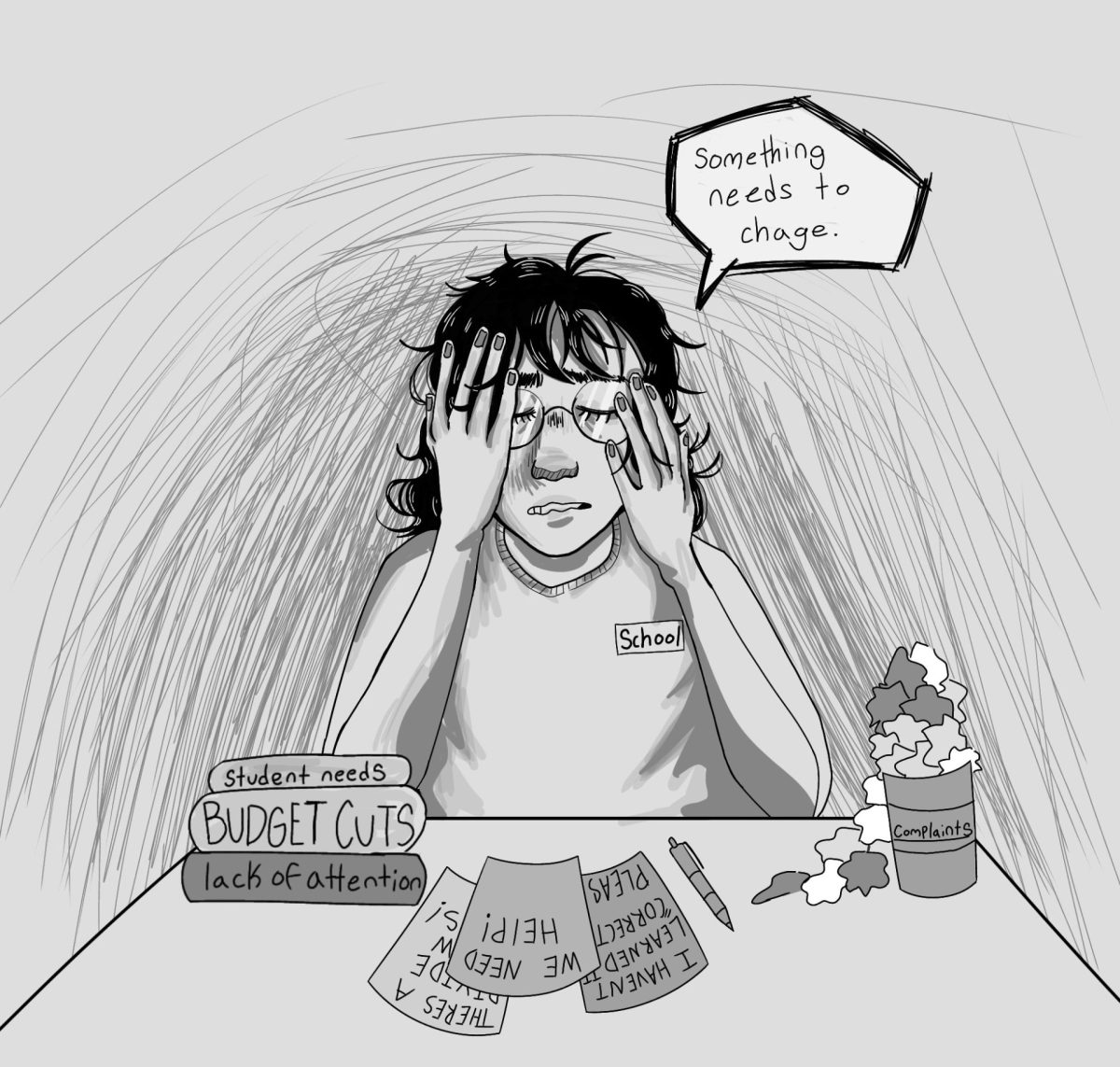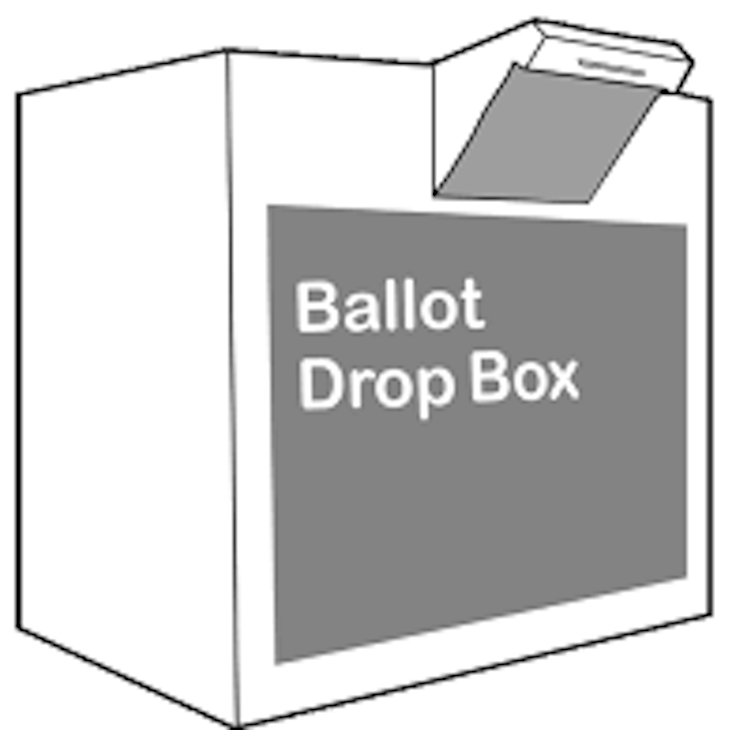As trees, flowers and grass come to life in the spring, outdoor allergies also begin blooming. In what nurse Julie Hill calls a “story that is underrepresented,” some staff and students may find their performance being interrupted by these bodily responses to the environment.
Pollen counts often rise from February to June, which can trigger springtime allergies. However, a higher pollen count does not always mean that someone will have more severe symptoms.
Many organizations, such as the Northwest Asthma & Allergy Center, seek to assist those who endure pollen allergies during spring months.
“By providing this public service, we hope to assist Seattle pollen allergy sufferers in becoming aware of times their symptoms may be triggered, so they can take the appropriate precautions to minimize pollen interaction,” the Northwest Asthma & Allergy Center writes on their website.
Both Hill and the MTHS attendance office did not have hard data to suggest a relationship between allergies and school attendance. However, senior Taelor Ellis attests to her allergies interfering with her academics and keeping her at home on some school days.
“My allergies typically do affect my performance at school. My symptoms are much more prominent in our school building and it distracts me from completing tasks and staying focused,” she said. “My watery eyes becomes a hassle and stop me from doing anything.”
Some people might initially believe they are suffering from a cold, according to Hill. Their symptoms could include sneezing, difficulty breathing, swelling, rashes, headaches and itchy eyes, among others. For Ellis, these signs can intensify over time.
“My allergies start out with [symptoms] of a cold, and slowly progress into symptoms such as sneezing, itching, runny and stuffy nose, watery eyes and severe hive breakouts all over my body,” Ellis said. “This results in me taking multiple showers a day to calm my skin down. I also develop seasonal psoriasis and have to apply topical ointments.”
Ellis once found herself tending to her health instead of her learning during school, as her allergies became more severe.
“My body had become so irritated to the pollen, my psoriasis flared and it resulted in bleeding from scratching so roughly,” she said.
Hill notes that some people may become irritated to the point where their concentration is disrupted and may either stay home or leave school early.
To bring more attention to the impact of allergies, Hill sends a monthly email to staff about recent pollen counts. She often receives responses about how this reminder makes teachers aware that the symptoms they are experiencing are due to allergies, and not illness.
Additionally, she has asked teachers to watch for signs of allergies among their students to see if they need medical attention or support.
“It’s such a simple treatment for something that is so complex,” Hill said. “My whole job is to minimize barriers to learning and to health. Allergies can be a big barrier to learning.”
Ellis also hopes that others can recognize the barriers she faces in pursuing her education that are caused by allergies.
“It is crucial for staff and teachers to understand the difficulties of allergies because they can cause issues with focusing in school and cause difficulties in completing daily tasks,” she said.
Ellis recommends that people with allergies stay on top of their game by taking medication and minimizing their interactions with triggers. For example, Hill suggests driving with the windows closed to prevent pollen from entering the car, as well as ensuring allergy medicine is non-drowsy if taken before school.
“Make sure you are taking the correct kind of allergy pills and be persistent in taking them. Taking regular showers will help in keeping the pollen off of your body,” Ellis said. “Lastly, sleeping with a fan on your body at night will also help keep the stray pollen off of you as well.”















